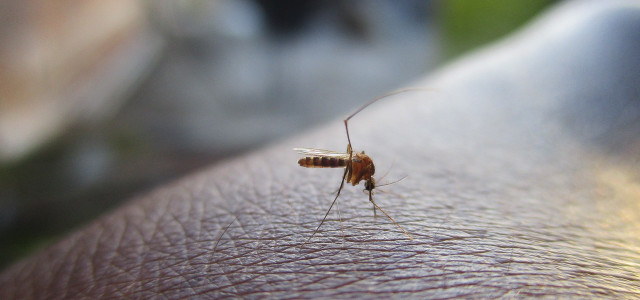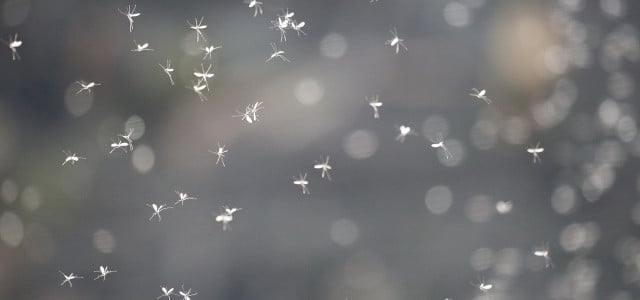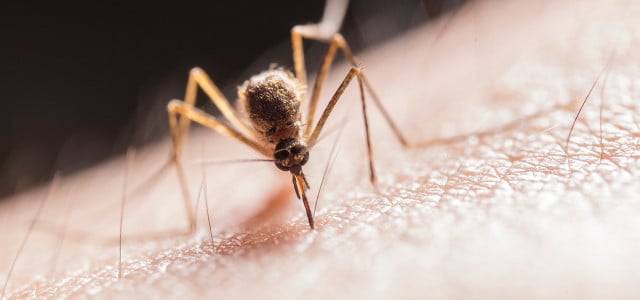What purpose do mosquitos serve? Mosquitoes are not the most popular insects; some people even want them to go extinct — but would that harm our precious ecosystems?
Mosquitos are known to be one of the biggest pests living in nearly every country around the world. While people may have differing opinions about their overall impact, mosquitoes have a variety of roles in ecological and evolutionary situations. They are ecologically beneficial in the following ways:
- Food for other animals: Many birds, bats, frogs, and insects rely on adult mosquitoes as a source of food. This helps maintain the balance of different species in the ecosystem.
- Some mosquitoes help with pollination: Although not as important as bees or butterflies, certain types of mosquitoes that feed on flower nectar can accidentally move pollen from one flower to another.
- Mosquito larvae help break down organic matter: The young mosquitoes that live in water bodies eat dead plants and animals. This helps break down organic material and recycle nutrients in the ecosystem.
- Mosquito populations are regulated naturally: Mosquitoes have predators, face competition, and are affected by other factors that control their numbers. This helps maintain a balance in the ecosystem and affects the populations of animals that rely on mosquitoes.
What is the Purpose of Mosquitoes? Biological and Evolutionary Benefits
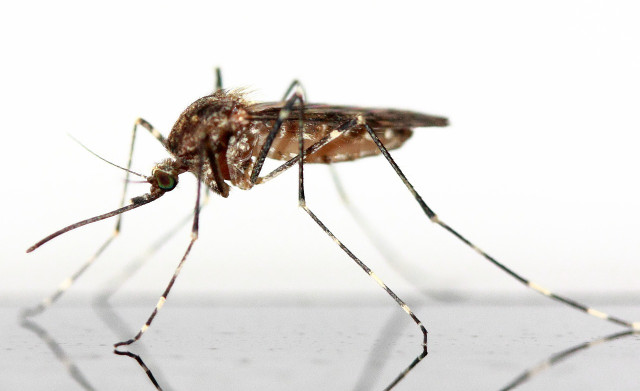
The ecological benefits might not be enough to convince you that the high-pitched buzzing and itchy bites make mosquitoes worth their while, so what other purposes do mosquitos serve? Let’s look at their biological and evolutionary purposes.
- Mosquitoes interact with other species: Female mosquitoes need blood to lay eggs, and their biting can affect the behavior and health of the animals they bite. This interaction can influence how species evolve over time.
- Mosquitoes play a role in disease control: While mosquitoes can spread diseases like malaria, dengue fever, and Zika virus, they also contribute to the evolution of immune responses in the animals they bite. This could potentially lead to increased resistance to diseases over time.
- Scientists study mosquitoes to learn more: Mosquitoes are important for medical research and understanding disease transmission, evolution, and population dynamics.
It’s important to recognize both the positive and negative aspects of mosquitoes when considering the question, “what purpose do mosquitoes serve?” While they have benefits, we also need to address the problems they cause, especially in spreading diseases. Many efforts focus on reducing mosquito-borne diseases and minimizing their impact on human health.
Potential Dangers of Mosquitoes
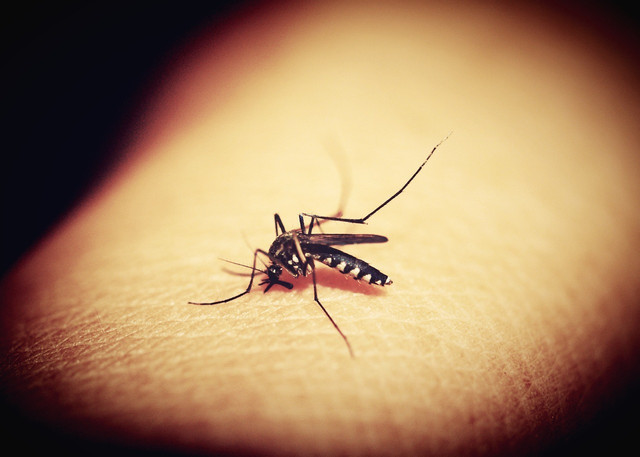


Mosquitoes provide various functions that benefit ecosystems, but they are more commonly known for the unpleasant and often dangerous influence they have on humans and animals. Some of the potential dangers they present to humans and other animals include:
- Spreading diseases: Mosquitoes are known to carry and transmit diseases like malaria, dengue fever, Zika virus, and others. These diseases can make people very sick or even cause death.
- Allergic reactions: Some people can have allergic reactions to mosquito bites, which can cause itching, swelling, and discomfort. In rare cases, severe reactions can occur.
- Health risks for animals: Mosquitoes can also spread diseases to animals, including pets, farm animals, and wildlife. For example, dogs can get heartworm disease from mosquito bites.
- Impact on economy: Mosquito-borne diseases can have a big impact on communities and countries. They can lead to increased healthcare costs, people missing work due to illness, and the need to spend money on mosquito control.
- Agricultural problems: Some mosquito species can harm crops and plants by transmitting plant diseases, reducing crop yields and affecting farming.
- Invasive species: Certain types of mosquitoes that are not native to an area can cause problems when they invade new habitats. They can compete with local species, disrupt food chains, and introduce new diseases.
- Environmental impact: Controlling mosquitoes sometimes involves using chemicals that can harm other insects, fish, and ecosystems and disrupt the balance of nature.
Regarding these negative aspects of mosquitoes, it is important to take effective measures to control them, raise awareness about the risks of mosquito-borne diseases, and find ways to reduce their impact while considering the broader effects on the environment.
Read more:
- 10 Natural Home Remedies for Mosquito Bites
- Where Do Mosquitoes Go in Winter and Why?
- What Do Wasps Do for the Environment? Do We Need Them?
Do you like this post?






